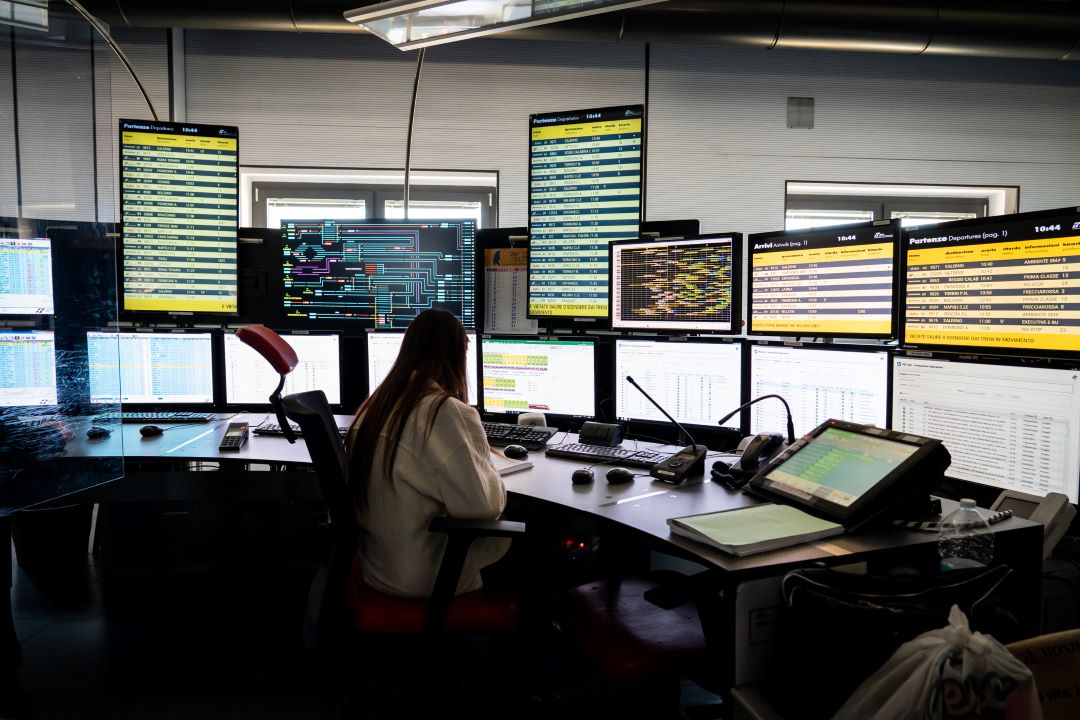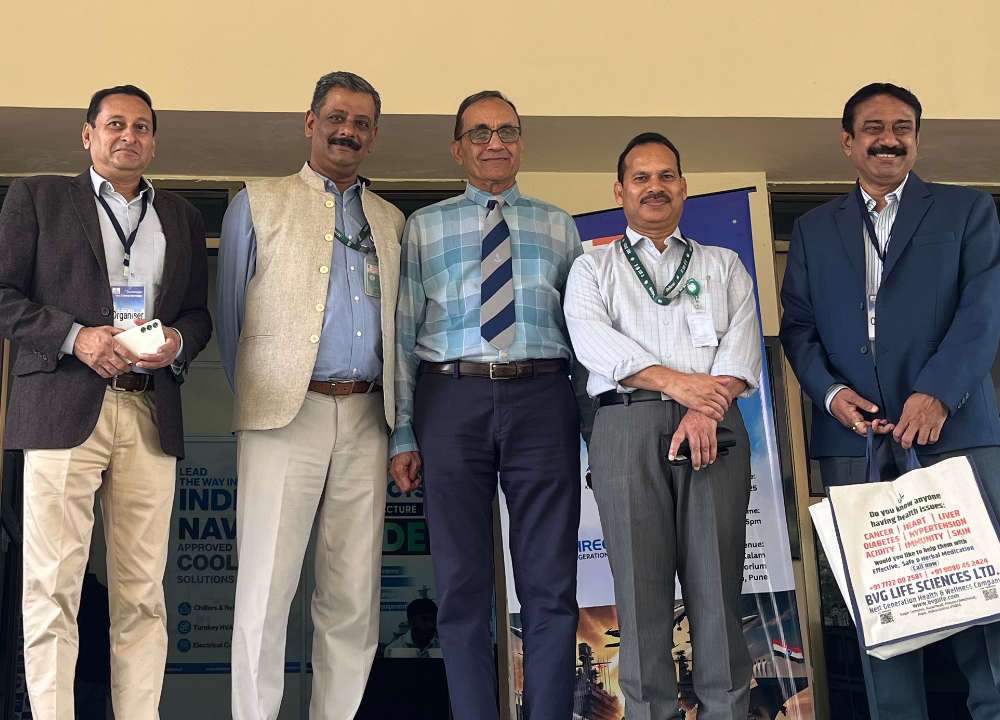Alstom, has been awarded a 96.2 million euro contract to design, manufacture, supply, install, test, and commission a fully automated Communications-Based Train Control (CBTC) signalling system for the Bengaluru Metro Phase 2, Reach 6, 2A, and 2B. This contract, secured with the Bengaluru Metro Rail Corporation (BMRCL), also includes training personnel and providing annual maintenance for five years.
The CBTC project aims to streamline the supply chain operations of three major corridors in the Bengaluru metropolitan region. It will connect critical junctions, including the Silk Board on the Outer Ring Road (2A) to the Kempegowda International Airport (2B) via KR Puram, and link Bannerghatta Road to Nagavara through Reach-6. The project includes interchanges at MG Road, Jayadeva Hospital, and Nagavara, significantly enhancing the connectivity and efficiency of the city’s metro system.
Olivier Loison, Managing Director of Alstom India, expressed enthusiasm for the project, stating, “Alstom is pleased to continue its longstanding partnership with Bengaluru Metro, which is India’s second-largest rapid transit system. The expansion of the network is a boon for commuters as it provides fast, reliable, safe, and comfortable transportation while easing traffic congestion across the city. We are committed to providing a world-class, efficient, and sustainable mass transport system that caters to the special needs of Bengaluru and supports the transition towards a sustainable future.”
Alstom is renowned in the mass transit market and stands as a global leader in CBTC technology, with over 30 years of expertise and deployments on 190 CBTC metro lines worldwide. In India alone, Alstom’s signalling solutions are equipped or underway on 18 metro lines.
The CBTC technology enables driverless operations, significantly reducing travel time by at least 50%, alleviating traffic congestion, and cutting CO2 emissions. Alstom’s rail cybersecurity solution, backed by a secure and certified development process, will safeguard the transportation backbone against emerging cyber threats.
A significant enhancement in passenger safety will come from the installation of full-height platform screen doors (PSDs) at all underground stations on the Reach-6 corridor and the Airport line terminal. Additionally, half-height platform screen gates (PSGs) will be installed at one at-grade station on the 2B corridor. This implementation, a first for Bengaluru Metro, is expected to lead to substantial energy savings by reducing air-conditioning needs.
Alstom’s CBTC Urbalis™, developed in Bangalore with over 1,000 engineers, will provide the highest Grade of Automation (GoA4), known as driverless technology, across 50 stations and three depots. The Urbalis Vision™ platform will be set up at the integrated Operation Control Centre (OCC) at Baiyappanahalli and a backup Control Centre (BCC) at Peenya, to control and monitor all train operations. The onboard automatic train control will interface with rolling stock manufactured by BEML, managing the headway and safety of 53 trains in a six-car configuration.
Alstom will also deploy its predictive maintenance tool, HealthHub™, to enable real-time condition-based monitoring of the health of trains, infrastructure, and signalling assets using advanced data analytics. This approach minimizes operational downtime, maximizes system availability, and optimizes lifecycle costs.
This marks Alstom’s third contract with BMRCL, following their provision of traction and power supply electrification for a 33-kilometre extension under Phase 2 and the U200 signalling and telecommunications solution for 42 kilometres of track comprising Phase I, completed in 2017.
Alstom’s continued investment and innovation in Bengaluru’s metro infrastructure underscore its commitment to advancing green mobility solutions and enhancing urban transit efficiency in one of India’s most dynamic cities.








